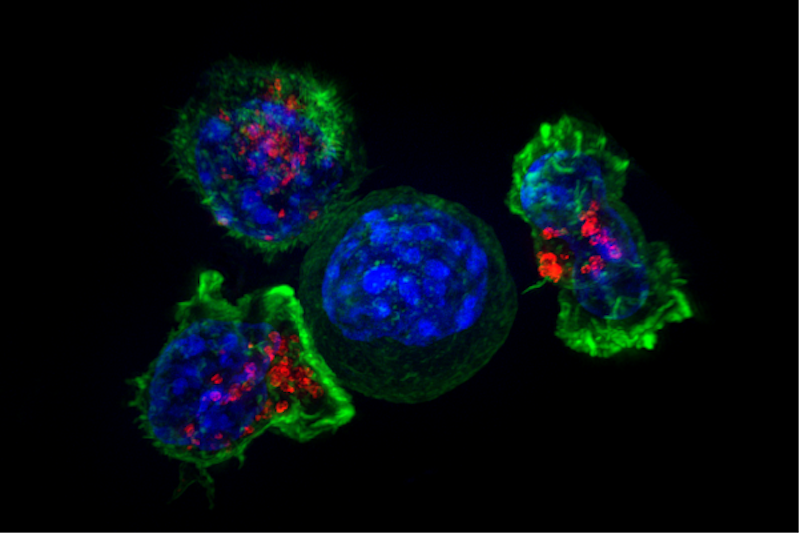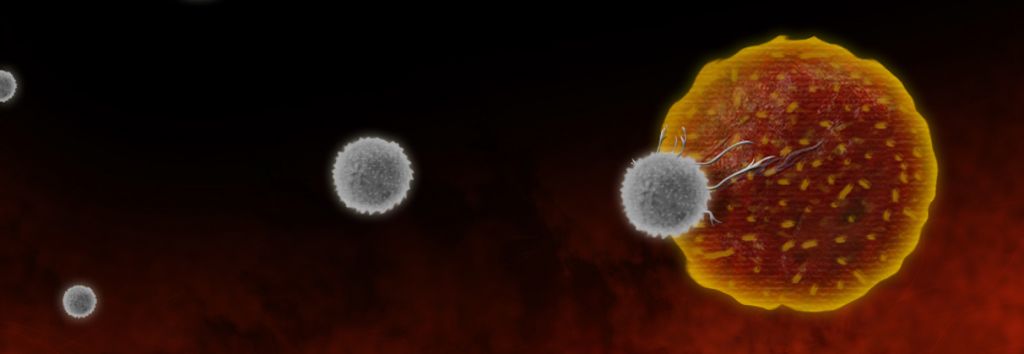Bridging the divide between academia and industry, Cell Medica and UCL are teaming up on TCR engineering in the effort to find a cancer cure. Not many details were disclosed, but cancer now has a new force to reckon with.
 For the most part, scientists thrive on competition, and what better fuel is there than the divide between academia and industry? Industry may be the dark side of the force, but academia would be its useless counterpart. That said, London-based Cell Medica and University College London have put their differences aside to work together on new T-Cell Receptors to fight cancer.
For the most part, scientists thrive on competition, and what better fuel is there than the divide between academia and industry? Industry may be the dark side of the force, but academia would be its useless counterpart. That said, London-based Cell Medica and University College London have put their differences aside to work together on new T-Cell Receptors to fight cancer.
TCRs are embedded in the cell membranes of T cells and sense intra- and extracellular antigens. The name of the game here is to construct specific ones to recognise chemicals produced by tumors and thereby activate the body’s immune response. Other European companies in this field are Adaptimmune and Medigene. If you’re interested in T cells and the immune system in general, CAR-T cells might also pique your interest.

UCL’s Hans Stauss and Emma Morris are giants in this field with technology promising to amplify this effect, so their labs will be in charge of pre- and early clinical development supervised by a Joint Steering Committee. If or when a drug candidate clears Phase I, it will be passed to Cell Medica, whose experts will supervise the next two Phases of development and begin planning for industrial scale-up. This could be funded with the €70M the company raised a few years ago for its immuno-oncology program.
No financial details have been disclosed, though Cell Medica admitted to paying an unspecified upfront fee. The company will make additional payments to UCL for continued use of an exclusive license to future products and access to TCR gene sequences for the development of other products. For its part, UCL would receive royalties up to 10% and payments from clinical, regulatory and sales milestones.
Featured Image: T-Cells (CC.20, Zappys Technology Solutions/Flickr)
Figure 1: Killer T Cells Surround a Cancer Cell (CC2.0, NICHD/Flickr)





